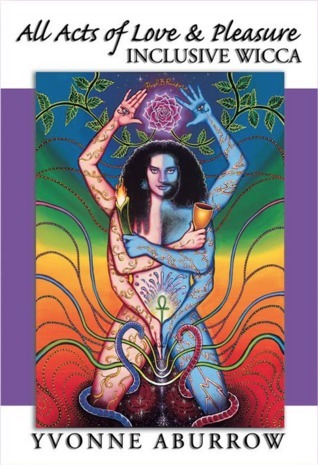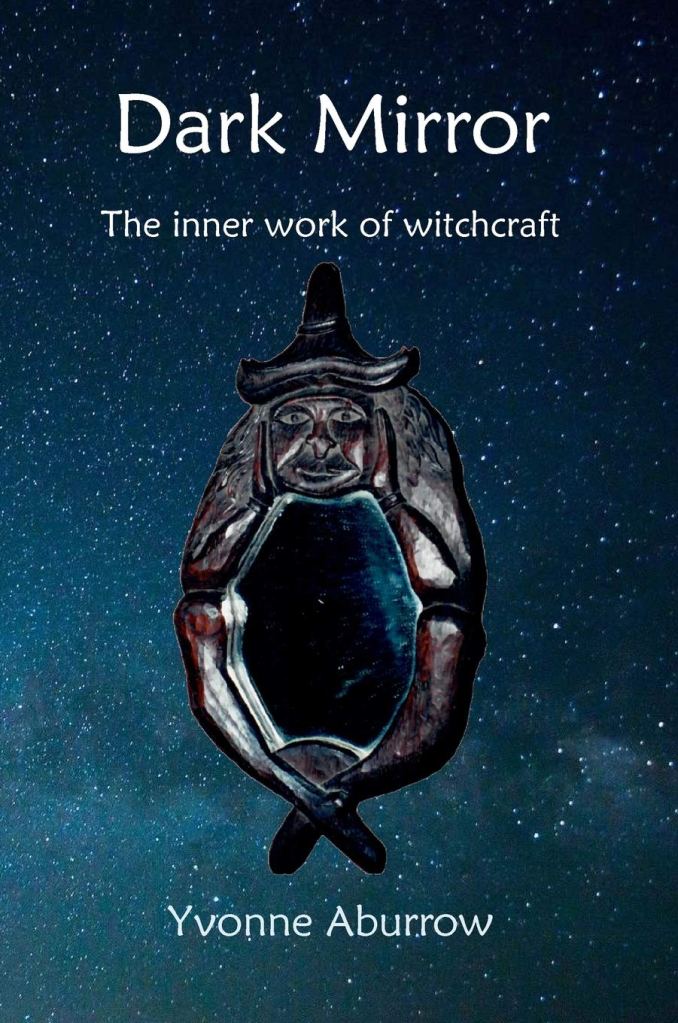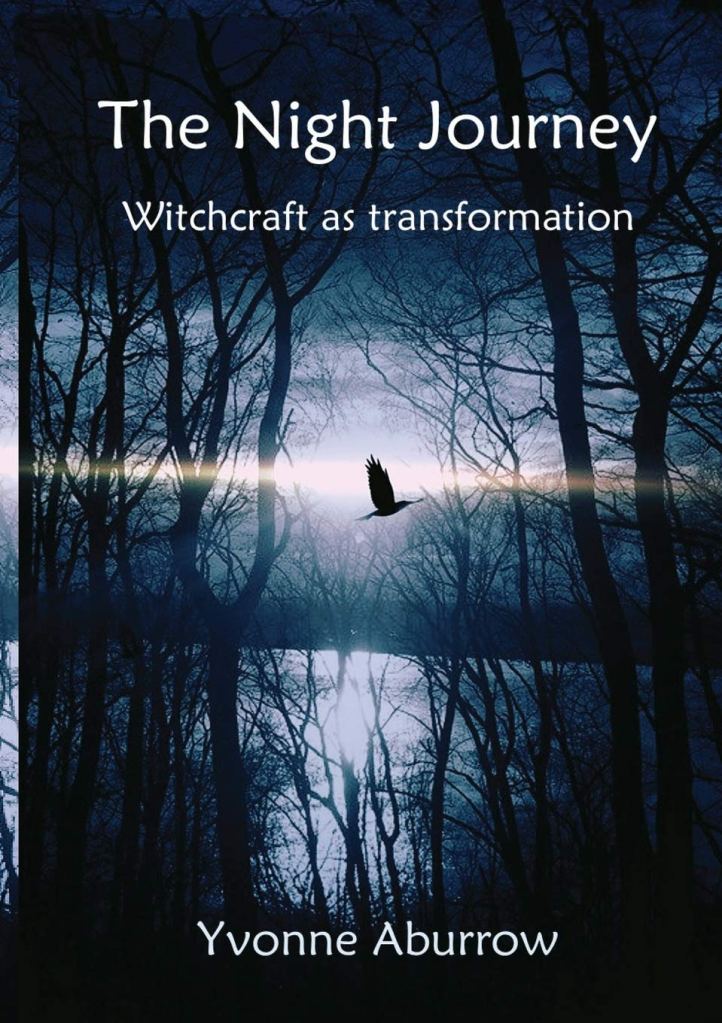I have often wondered why some people experience gods all the time – indeed, can’t stop experiencing the gods even if they wanted to – and others don’t. Still others experience gods sometimes, in specific circumstances. There are various explanations available for this, and all of them have pros and cons. Let’s examine a few of them. I don’t really know which one is the right answer, though.

Ngc 2818 Planetary Fog Constellation Pyxis (Galaxy) – License: CC0 Public Domain
A “God(s)-Shaped Hole”?
Some have argued that people of religion have a “god-shaped hole” in our psyches – that our psychological make-up is such that we are receptive to experiences of the divine and/or deities. Christian apologists (starting with Pascal, who coined the phrase “god-shaped vacuum“) argue that only their god can fill this hole. The argument goes that their god created us for himself, and therefore our hearts yearn towards him (which is something of a circular argument).
Apart from the fact that I am automatically suspicious of any argument coined by Pascal, who also came up with the deeply unpleasant and frankly immoral concept of Pascal’s Wager, I would argue that it has been amply demonstrated that people are searching for meaning in their lives, but that that meaning takes a different form for different people, and that atheists can have equally meaningful and fulfilling lives as people who believe in god(s). Also, Adam Lee at Daylight Atheism points out that studies have shown that atheists have more enquiring minds and are generally happier than many Christians.
A Pagan version of the “gods-shaped hole” argument might draw upon the idea that because we and the gods were born of a single mother (Nature), and are of the same substance, we feel a natural affinity for each other.
However, if this were the case, then surely everyone would experience a yearning for the gods – and more importantly, all those who seek the gods would find them – which isn’t necessarily always what happens.

“2006-10-25 Amanita muscaria crop” by Amanita_muscaria_3_vliegenzwammen_op_rij.jpg: Onderwijsgekderivative work: Ak ccm – This file was derived from: Amanita muscaria 3 vliegenzwammen op rij.jpg: . Licensed under CC BY-SA 3.0 nl via Commons.
Hallucinations?
Many people might argue that those who see visions of deities are merely experiencing hallucinations. However, the quality of these visions and experiences is different than many hallucinations; they (mostly) appear to act on the psyche in an integrative and healing way, rather than in a destructive and damaging way. People who experience dreams and visions may be edgy and uncomfortable to be around – but they are highly functional individuals, for the most part. Psychiatrists have begun to accept that people who hear voices and see things are not necessarily ill.
In addition to this, there is a long Welsh tradition that anyone who sleeps alone on the slopes of Cader Idris will end up dead, mad, or a poet. Shamanism, poetic inspiration, bardic frenzy, mysticism, and madness, have been symbolically linked from ancient times. The word ovate comes from “Vates, Uatis, Euhages, which may derive from the Indo-European root uat, ‘to be inspired or possessed’.” (OBOD)
In the 1960s and 70s, the anti-psychiatry movement argued that “madness” was a matter of perspective, and that in many societies, those who have these experiences are valued as visionaries, not locked up and drugged. Michel Foucault, Thomas Szasz, and RD Laing promoted alternative communal methods of treating the mad. Some anti-psychiatrists pointed to the remarkably similar content of people’s hallucinations, and pointed out that these often consisted of symbols of wholeness, like the World Tree, or the World Mountain.
So, I don’t think we can dismiss every visionary experience of a deity as a hallucination. I would be prepared to accept the explanation that such experiences are a profound interior experience, but only interior, but then that doesn’t explain why people have the same dream or vision at the same time, or receive messages for others which they then pass on to them.
Psychic Powers? Extra-Sensory Perception?
Another possibility is that some people experience deities because they have a “sixth sense” that enables them to perceive deities and energy. Certainly, some people seem to be especially gifted at psychic perception and techniques, but then the less gifted can also improve our abilities with practice.
It is very difficult to test psychic phenomena empirically, so I would say that the evidence for this hypothesis is inconclusive. I personally feel that people only have flashes of psychic insight when it really matters, so it is hard to turn it on and off at will in a laboratory situation. (Skeptics would doubtless feel that this is because psychic powers don’t exist, but there is enough anecdotal evidence to suggest that there is something going on.
Some People Are Chosen?
Some polytheists have stated that they did not choose their gods, their gods chose them. So they might argue that people who perceive the gods are the ones who have been chosen to do so.
For those of us who really like deities but don’t necessarily feel strongly that we have been chosen by a specific deity, this argument feels like a kick in the teeth. Is my relationship with Odin any less valid because I went looking for him, rather than the other way round?
What’s more, I am tempted to argue that claiming to have been chosen by a deity is almost a self-disqualifying statement, because it is so full of hubris (in the sense of “excessive pride towards the gods”). It is one thing to be privately convinced that a deity has chosen you for a task; quite another to proclaim it from the rooftops.
The Charge of the Goddess states that “and know that thy seeking and yearning shall avail thee not, unless thou knowest the mystery: if thou findest not what thou seekest within thee, thou wilt never find it without thee” [outside of yourself]. Another way of looking at this might be that the gods we seek are the ones who were seeking us, because of some affinity between us and them.

“Enchantment Goat” by Hodja Nasreddin. Licensed under CC BY-SA 3.0 via Wikipedia. Io Pan!
Enchantment and Disenchantment?
Another possible explanation is that capitalism, rationalism, materialism, and reductionism have disenchanted the world. As our awareness of the gods returns, the world is re-enchanted.
In Capitalist society, Gods don’t exist; just like homeless people don’t really exist; just like stars are really just large balls of flaming gas. But to this I must answer, the stars are balls of flaming gas if animals are mere food and trees are mere fuel, humans mere workers and puddles mere bits of water.
So, rationalism, capitalism, reducing everything to mere commodities with a monetary cost rather than any intrinsic value, forgetting about wisdom in the lust for knowledge: these are the things that disenchant the world, obscure our vision and make us unable to see that a star is not merely a ball of flaming gas, but also a source of beauty and meaning, maybe even a goddess or a god.
As W B Yeats wrote,
Once every people in the world believed that trees were divine, and could take a human or grotesque shape and dance among the shadows; and that deer, and ravens and foxes, and wolves and bears, and clouds and pools, almost all things under the sun and moon, and the sun and moon, were not less divine and changeable. They saw in the rainbow the still-bent bow of a god thrown down in his negligence; they heard in the thunder the sound of his beaten water jar, or the tumult of his chariot wheels; and when a sudden flight of wild ducks, or of crows, passed over their heads, they thought they were gazing at the dead hastening to their rest….
I do know that I want to live in an enchanted world, where everything has its own intrinsic value, not merely a price imposed by the market. I want to live in a world where everything has meaning and beauty, where all things are shining with the light of divinity.
Perhaps I am no nearer to an answer to my question, but hopefully this post has made the people who are sure about their answer to this question less sure about it. Question everything, that’s my motto.
If you enjoyed this post, you might like my books.


